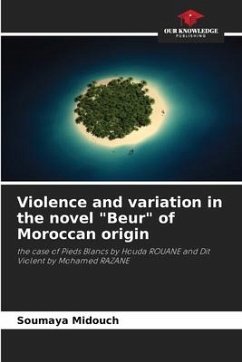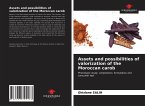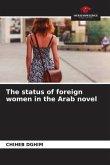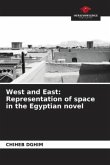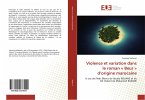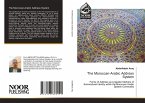To question the literary text does not differ in anything or only little from the constitution of an ordinary corpus, on the ground. In both cases, one listens to the voice and the word of a speaker, present or absent, who cares! The essential thing is this speech to which an existence has been attributed and without which no sociolinguistic study would have seen the light of day. After the observation of the uses, already begun with the constitution of a corpus by the counting, the classification of the data and the inventory of the recurrences, the constitution of the linguistic variables and their description, the explanation takes place to put in correlation the linguistic and the social. The aim is the knowledge of society through language. Except that in literature, the opposite attitude is possible. And at the moment when one wonders about the usefulness of the thematic study in sociolinguistics, one finds oneself through the theme variable to study its reflection: variation. The relationship between variation and violence is thus explained. Indeed, the linguistic phenomena of variation highlight the theme of violence: they constitute both its reflection and its production machine.
